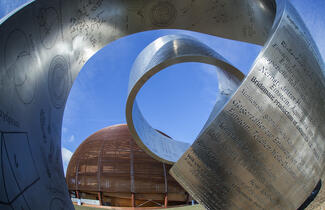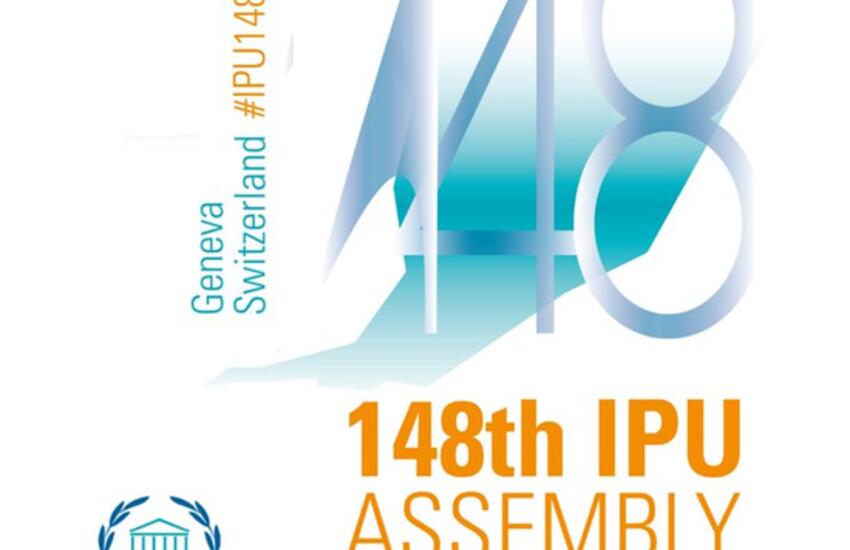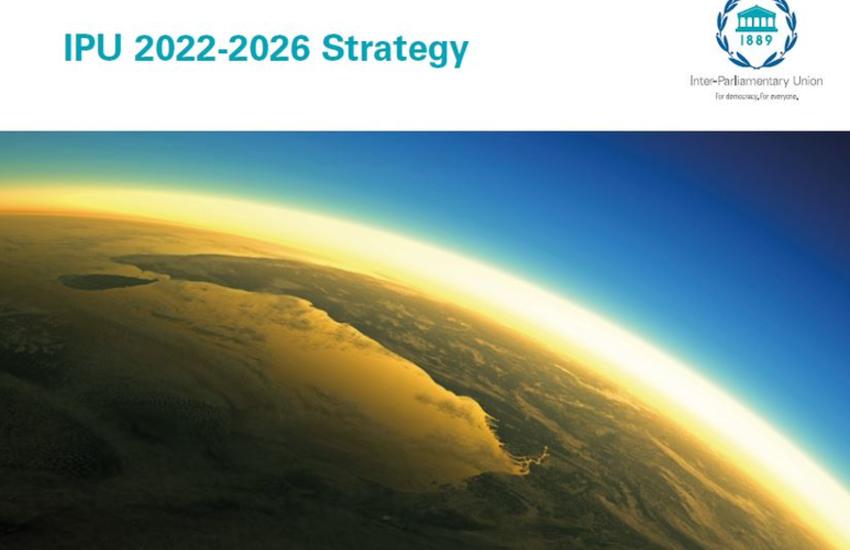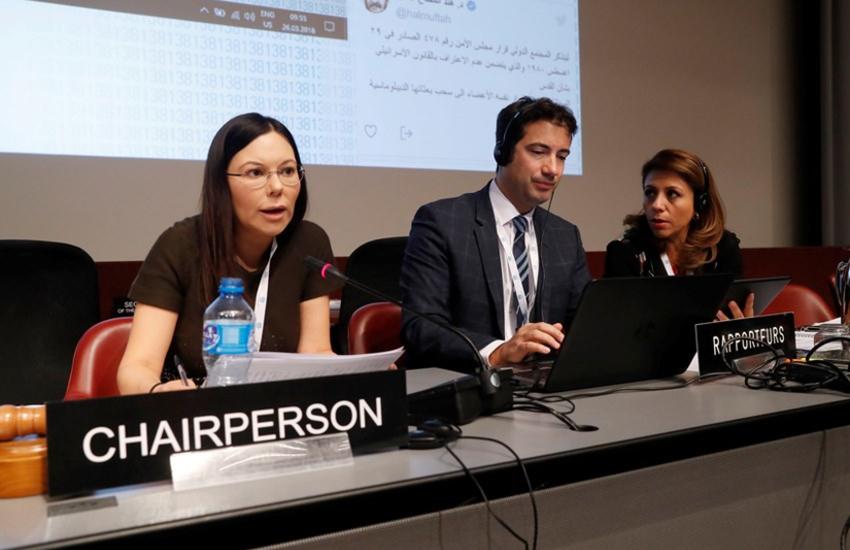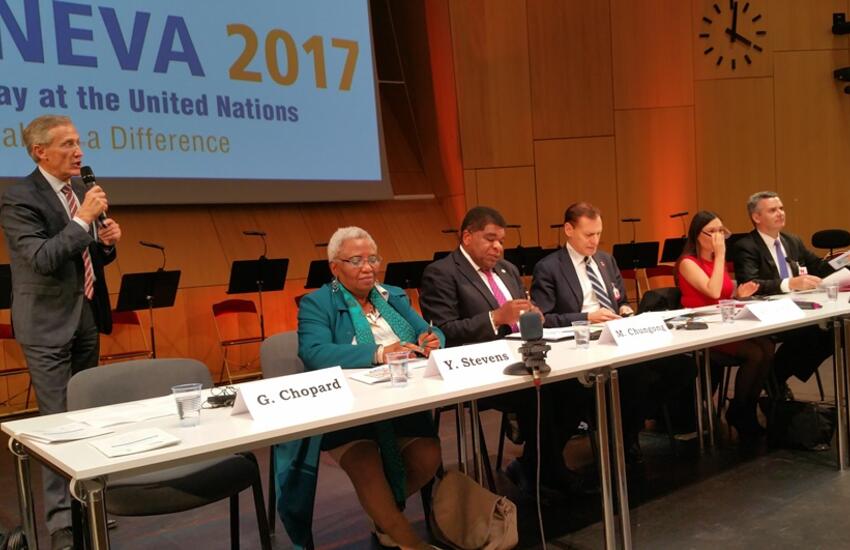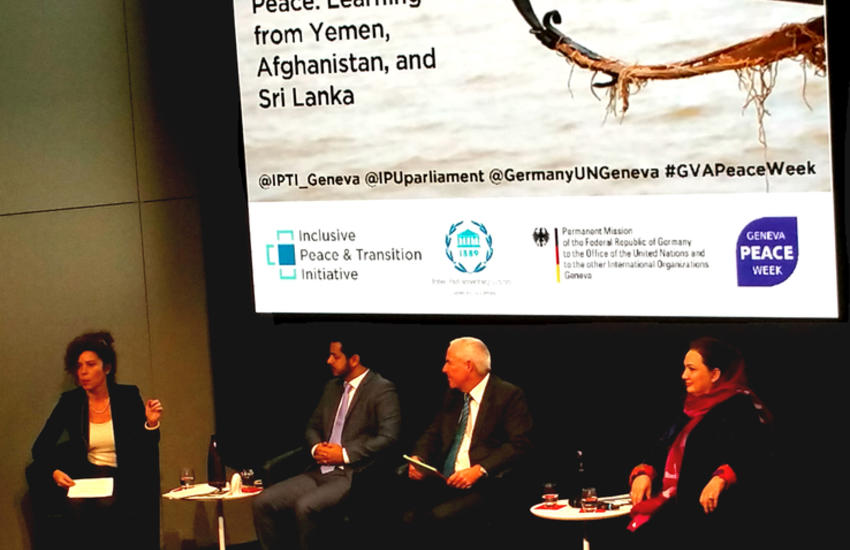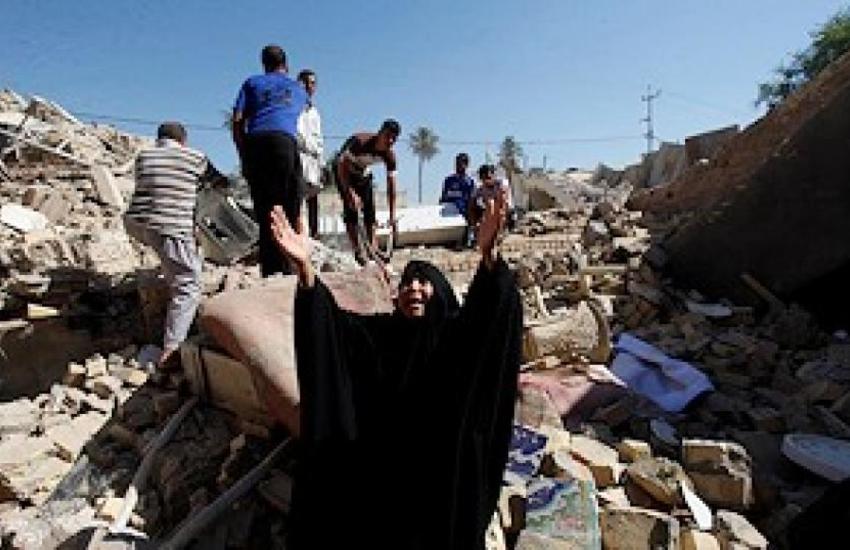The Science for Peace Schools is a new pilot annual training scheme for parliamentary staff designed to bridge the worlds of science and politics. Launched by the IPU and the European Council for Nuclear Research (CERN), the first edition or School will take place from 5-10 December.
The objective of the School is to create a community of parliamentary experts to address challenges together under the neutral umbrella of science.
Around 35 participants from IPU Member Parliaments have been nominated for the first School, with representatives from the Middle East and the Sahel including Burkina Faso, Egypt, Israel, Mali, Niger, Palestine and the United Arab Emirates.
This year’s theme Dealing with water scarcity: an opportunity to rebuild peace with Science is timely as climate change exacerbates water scarcity, posing a threat to livelihoods, ecosystems and peace around the world.
Water availability has become a point of tension between countries and communities that share the same water sources. In armed conflicts water resources and installations often come under attack. According to United Nations Water, in 2021, 2.3 billion people were living in water-stressed countries around the world. In response to this increasingly pressing water crisis, the United Nations General Assembly recognized the human right to water in 2010, and to sanitation in 2015.
This year’s Science for peace curriculum will focus on water management and the exploration of new and renewable sources of water. The School will not intervene in the political aspect of existing water negotiations. Instead, it will aim to contribute to a positive technical cooperation environment for negotiations by proposing alternative technologies and modalities to lessen the tensions related to water scarcity, and encourage coexistence between nations.
The School will be the first joint activity between the IPU Committee on Middle East Questions and the IPU Working Group on Science and Technology.
Both IPU groups are designed to promote inter-parliamentary dialogue and diplomacy between parliamentarians from around the world with similar expertise but sometimes representing opposing sides.





